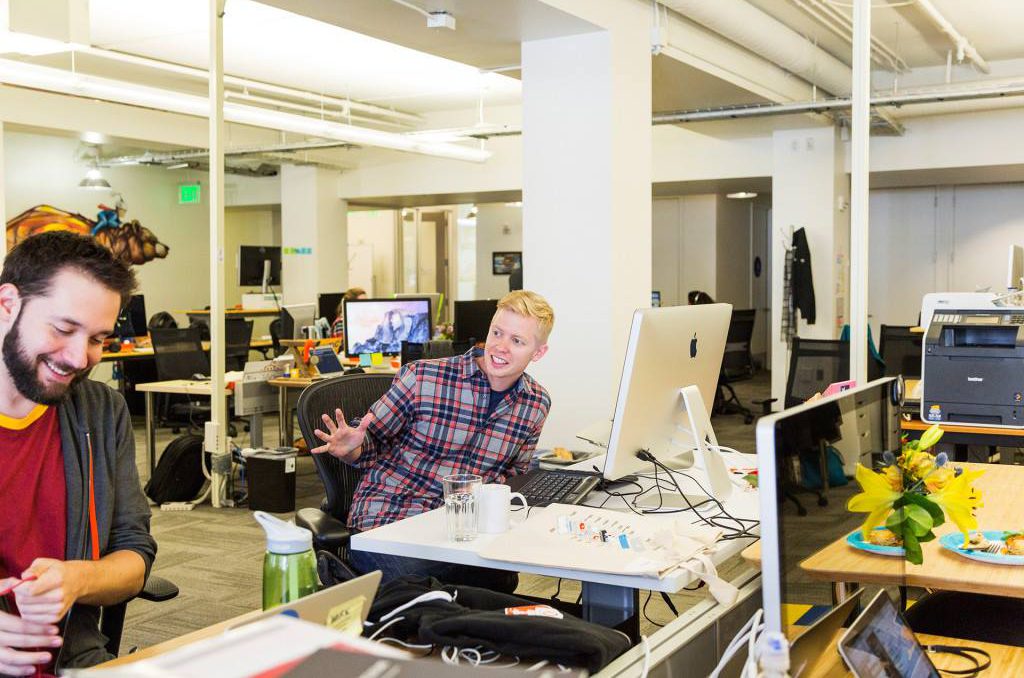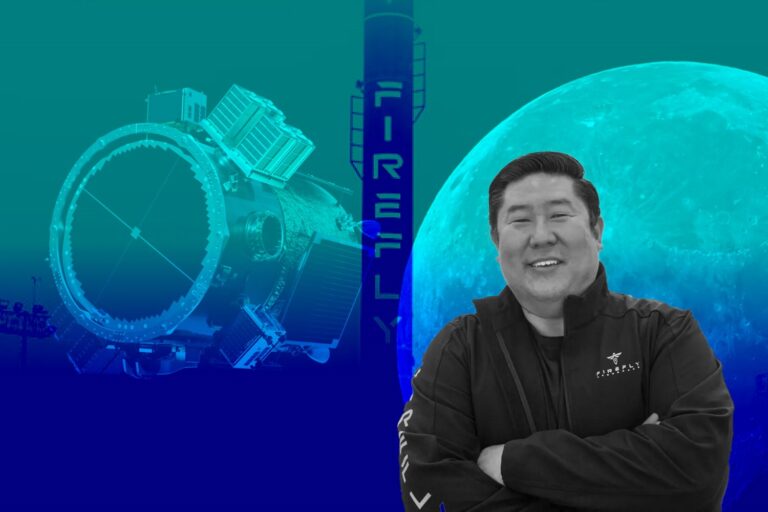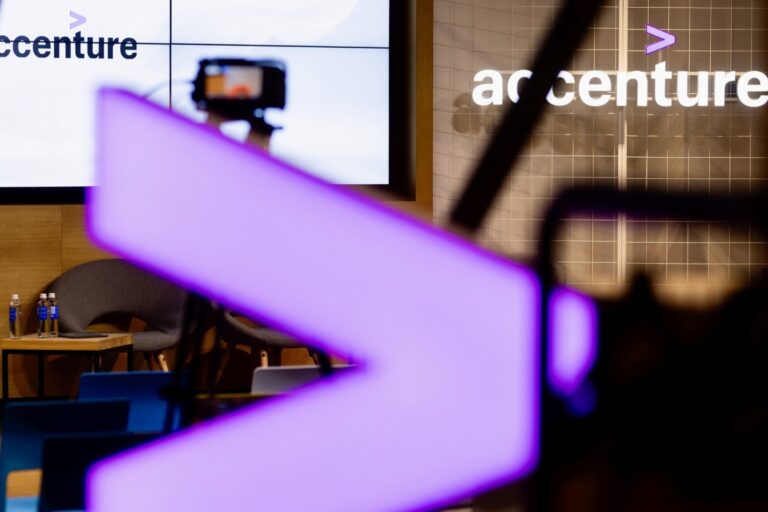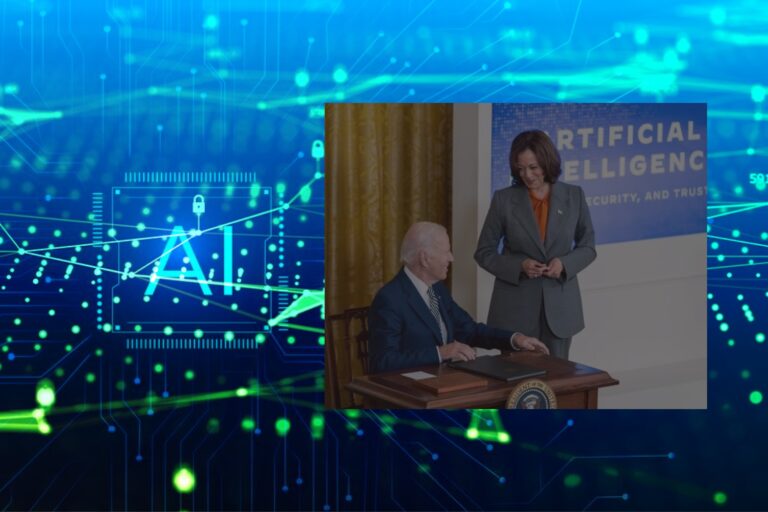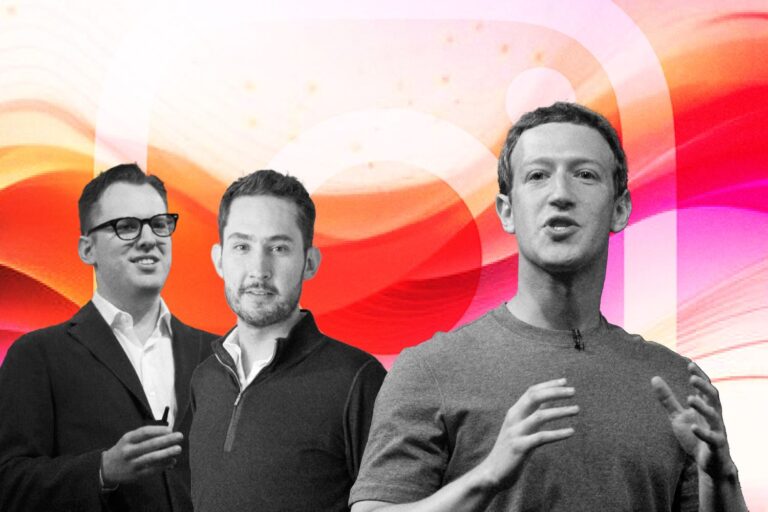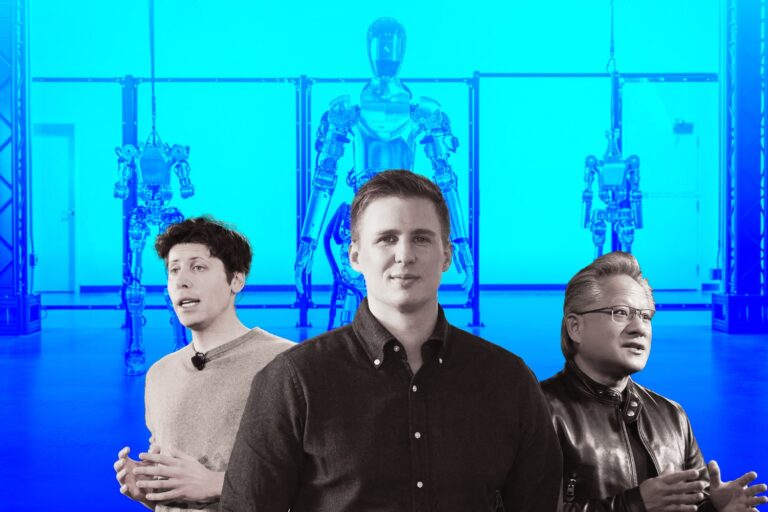Reddit’s Hidden Story and Alexis Ohanian’s 7 Don’ts to Nurture Green Entrepreneurship
Basically, Reddit is a platform where summited posts could be “upvoted” or “downvoted” all by users. If a post gets lots of upvotes it moves up the Reddit rankings so that more people can see it and vice versa, the most downvoted would fall and disappear from users’ view.
42-49.3% of its user base comes from the United States, Reddit is broken up into more than a million communities known as “subreddits,” each of which covers a different topic. The name of a subreddit begins with /r/, which is part of the URL that Reddit uses. For example, /r/nba is a subreddit where people talk about the National Basketball Association, while /r/boardgames is a subreddit for people to discuss board games, And the most popular at the moment is /r/WallStreetbets
Reddit’s Inside Story: The Birth
It all started after Alexis Ohanian failed his LSAT practice test and went to the Waffle House to realized he have never wanted to be a lawyer. With the passion for high-tech in early days, Ohanian went to Singapore for a “technopreneur ship” summit with the business pitch of Steve Huffman – Reddit co-founder and his roommate since college, which is called MyMobileMenu – a mobile food ordering application.
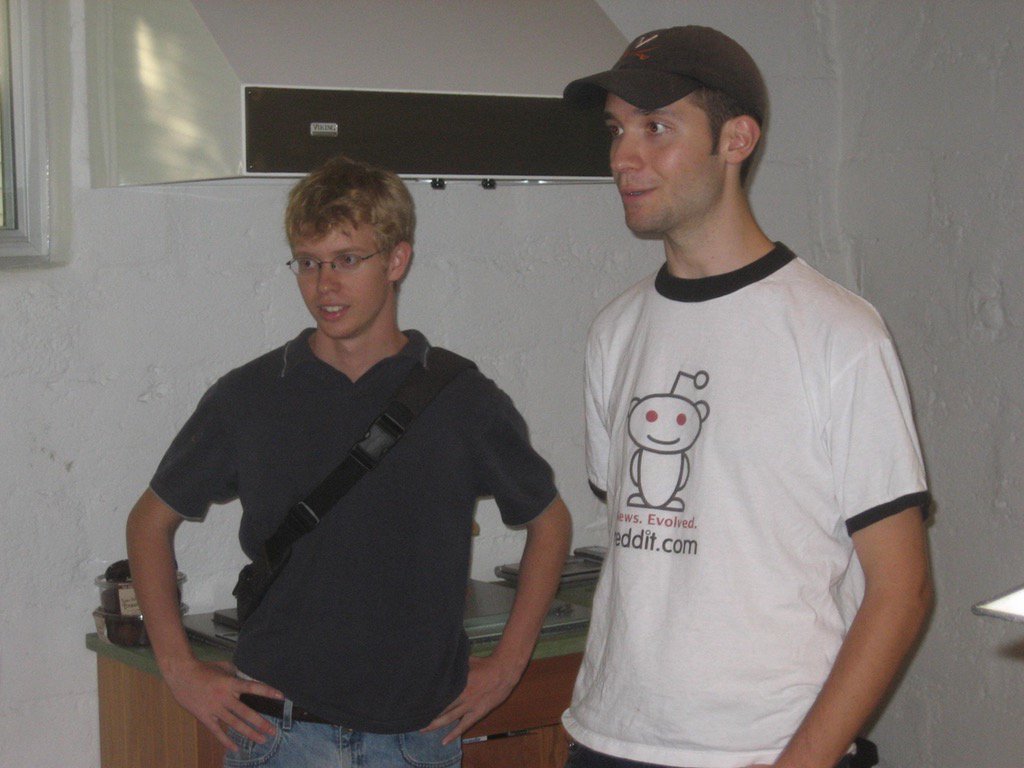
With thorough preparation, both came to Y Combinator for an interview to be turned down and accepted at the same time, the company denied the idea but they like the guys. And there comes Paul Graham who told them to build the front page of the Internet.
It only takes them three weeks to build Reddit, Ohanian shared, it was just Web links and text submitted by users, with Interesting or Uninteresting buttons that you could click on underneath. And later, Comments came, pretty simple! They all know, it is the user base – core of this business.
To be the first start-ups to launch in Y Combinator and worth significant acquisition up to $20 million, it was grand effort of quite a team! By 2021, with its new $250 million in the new funding round the company now valued about $6 billion – doubled from the $3 billion as of February 2019.
The Rise: Starting Out as a Phony Website
If Facebook lets users cultivate online personas and Twitter enables them to broadcast random thoughts to the world, Reddit was built to foster discussion. It is time to consider the social costs and benefits of such services, they are no longer only an entertaining channel. They are central to the perceptions of billions and have become cultural and political battlegrounds. In 2012, the web also has then-US president Barack Obama took part in an Ask Me Anything discussion, not to mention many other influencers in specific fields such as Stephen Hawking of science.
Of course, this empire also is built from scratch. There was no game or any specific products to attract users because the user themselves are the products. How can it draw any discussion when there is no one to talk to, and not just random people, when it comes to social and discourse users want something real – a real problem to talk with authorized people, validated information. Social websites are always in need of a touch of magic to grow. So, inevitably when Reddit was first started, it was populated almost entirely with content submitted by fake users.
Steve Huffman – Reddit co-founder shared on his online course, both the method and reason behind it. First of all, he set up a submission interface through which the team could pick not only the URL and the title, but also the user’s name. Based on submission, the name would be registered, and the make it look like Reddit had more users than it actually did. Besides, content also another key factor, Huffman had a whole team to pick up controversial conversation and keep updating on it.
“Fake it until you make it” fully describes the first phrase of Reddit! By yielding the kind of content he wanted to see under the guise of being other people, like experts or advocates, Huffman were successfully able to draw exactly the kind of people they were pretending to be.
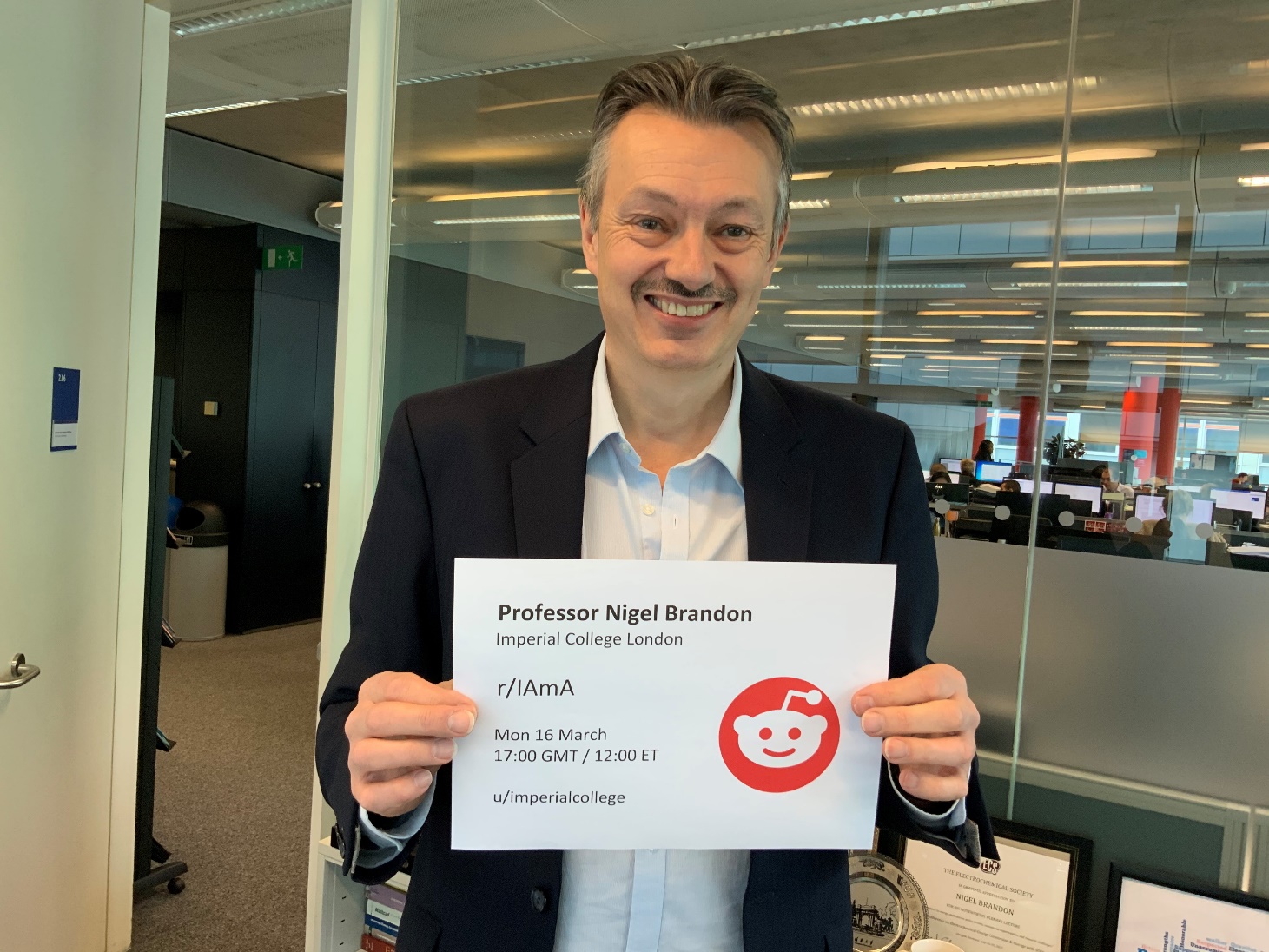
Here comes the aftermath, overtime, all of these fake users essentially turn into the real ones – people who for all intents and purposes want to share, speak up, like and give in content for the community. All had kick-started the site!
Talk with Alexis Ohanian on the 7 Vital-Do-Nots
As one of Y Combinator’s earliest investments, he was put through the gospel paces of building a company — launching an MVP, testing with users, finding product-market fit, iterating, etc. But after the sale, he went his own way — volunteering abroad, pitching in to launch travel site Hipmunk, and investing at both YC and his own fund, Initialized Capital. In the process, he saw and advised a lot of companies — sharpening his abilities to pattern match and spot success.
#1 Do not drawn yourself in the worthless
Since the early of the innovative era, being a startup founder meant being part of a distinct social set. Within a year starting the company, Huffman and Ohanian already received an onslaught of invites to meetups, conferences, events and dinners. It seemed like he almost had two jobs: building Reddit and maintaining a demanding semi-professional network of friends and colleagues.
“There’s even more pressure now, and it’s very tempting to go to every single thing,” says Ohanian. “You’re guaranteed to find some helpful people out there who will make a difference for you, but for the most part you’re having the same conversations over and over. I went to so many things that were just opportunities for people to talk about how they were ‘crushing it’ or ‘killing it.’”
There’s a happy balance somewhere between being a hermit and a party circuit favorite — and it tilts toward the hermit end of the spectrum, he says. Be judicious about what merits your time: Will there be people that are valuable for any precise reasons of yours? Will there be someone who you feel real connection upon and could support each other vice versa?
If you can’t answer yes to either of these questions, don’t go. If you go and realize you’re having a series of cookie-cutter conversations, leave. There’s no time for that.
When you’re a founder, every moment you’re not writing code or getting users, you need to be making a conscious choice. Is whatever you’re doing worth your time?
#2 Do not pretend to be perfect to your employee
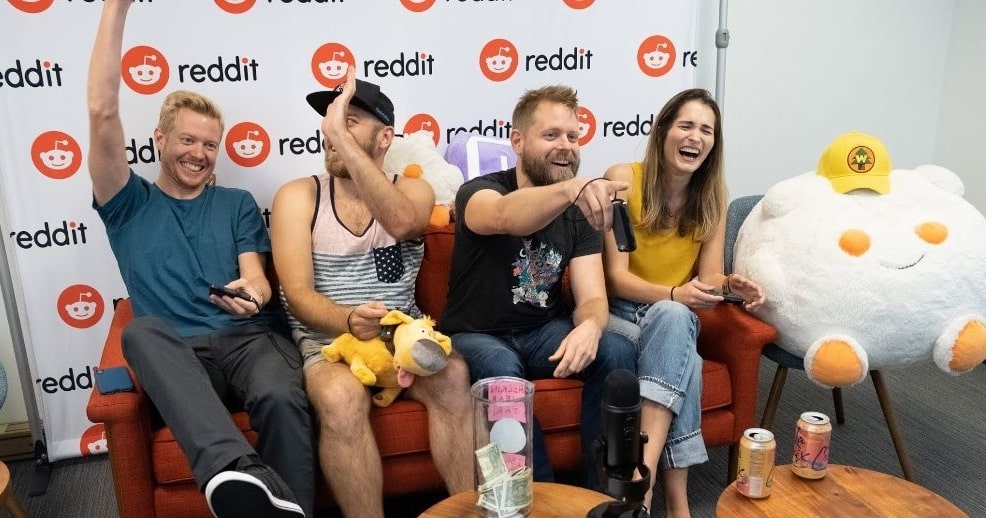
‘Humility’ or ‘vulnerability’ it is all getting mixed up in this startup community. It’s not uncommon here CEOs tend to highlighting vanity metrics and ignoring errors, which resulting in employees throughout the startup ranks turning their back on fault or mistake, until it really impacts performance reviews. To Ohanian, only when people felt comfortable sharing their true feelings with someone that they could do better work (and feel better about it).
Obviously, making vulnerability your company culture or any other movement, it all should be start with the founders.
If they don’t have the gut to be exposed to have tolerance for being vulnerable as individuals, then it could never work ,especially ,as a principle for others. That’s why Ohanian’s made such a strong push to talk about his past and his emotional experience of leadership with the whole company at Reddit.
“We’re all overwhelmed by how much content we take in — not just media, but content in our lives. Conversations we have, things we learn, actions we take,” he says. “And if we look at the vast majority of this content, so much of it isn’t authentic. And the sheer volume of it means that the things that we remember and the people that make a real impact on us, are the ones we feel are true. More and more , this will change what we buy and where we work. For leaders, being a real, whole, relatable human being, is a core strength and a competitive advantage.”
His advice amounts to this: Don’t be perfect, just keep getting better.
Acknowledge that you are not perfect because no one is and explain how you are going to do with flaws – based on what you have learned knowing that’s all you can do. At the same time, make sure you remind the people you work with often that this is all they have to try to do. And this would be the benchmark, not perfection. That’s how vulnerability is fostered every day at Ohanian’s.
#3 Do not go for the risk-averse ally
Part of being a successful startup founder is depended on how much you know where to place your trust, and ideally, it should be on people who will push you past your appetite for risk if that is what needs to happen.
Look out for mentors, investor, advisors, who have broad frame of mind and profound histories of watching companies rise and fall. In brief, you need people who have seen it all to talk you into pushing yourself as a result.
Y Combinator Co-founder Jessica Livingston in this case, is one of the people Ohanian claims that has spark the light in him “I really value all the advice she gave me because she knew how to get me to be true to myself while also going out there and getting as many early users as possible,” he says.
One scheme she both suggested and supported was faking a press tour in New York. “I was 22, didn’t know anything, and had just mentioned offhand that I had started talking to a few journalists through incidental social connections,” he says. “And she was immediately like, ‘Why don’t you go up to New York and organize a press tour?’ Of course, I had no idea what that meant.”
It sounded intimidating, and like it would require a lot of planning, so he balked. But Livingston brought it up again, “It doesn’t have to be a big deal,” she said. “Just send out a few emails telling people you’re in town for a few days and if they want to get on your schedule, they should let you know asap. Then just go sit at a cafe and chat with the people who show up.”
If she hadn’t have nudged him, he might not have gone. And what happened next wouldn’t have happened at all.
#4 Do not tighten the definition of success
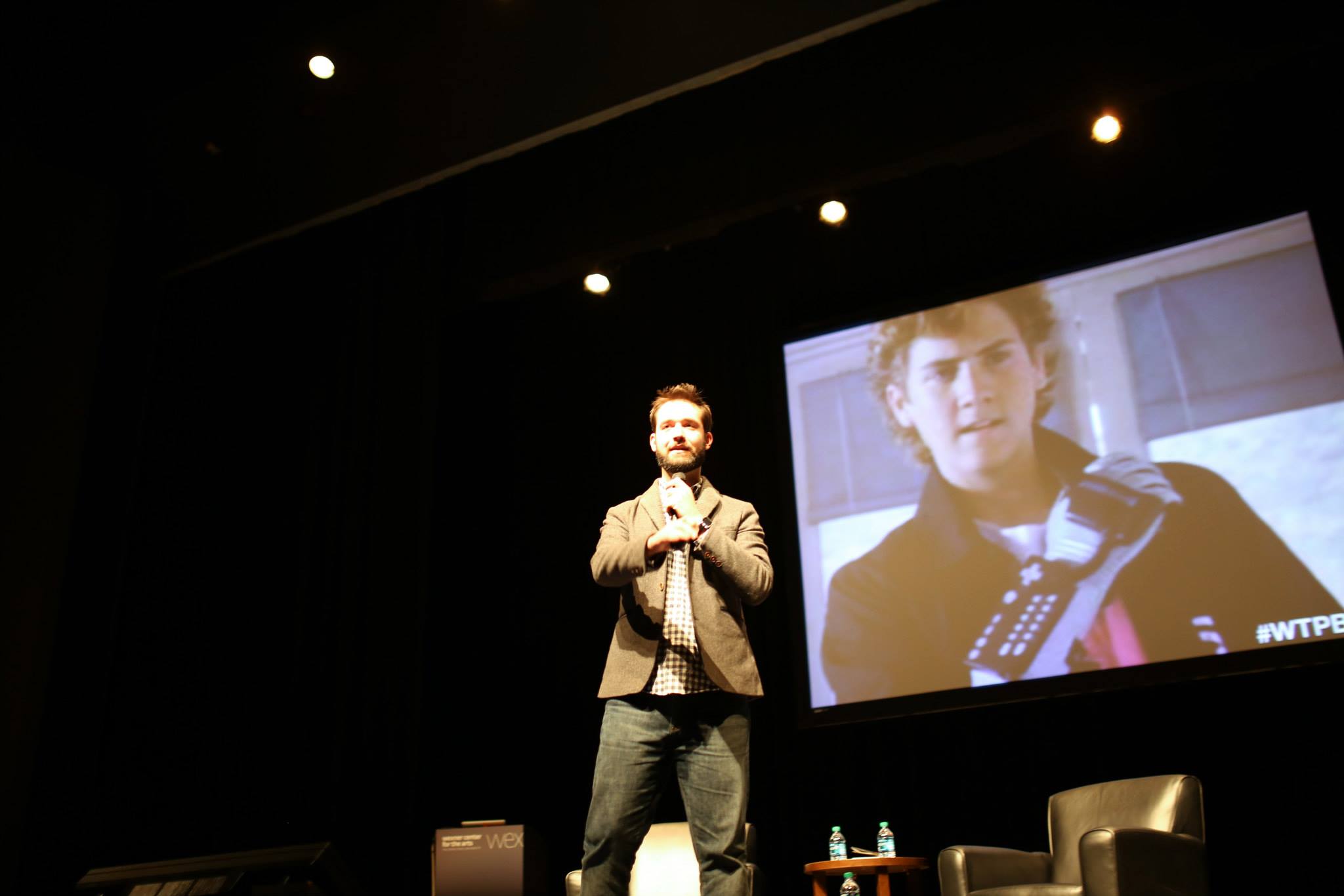
Ohanian shared it was shocked how simple the ‘press tour’ was when it came down to it and it’s easy to overthink events like that, even when you are not guaranteed to get anything out of it at all. If your chances of success are slight, you might as well put yourself out there and not invest too much time.
So he dashed off a couple sentences to a handful of reporters explaining who he was, linking to Reddit, and saying he’d be around the city and open to meet whenever, wherever. No one knew he was taking the Fung Wah Bus down from Boston, staying on friends’ sofas in New York.
“Jessica was extremely helpful, continually saying, ‘Don’t overthink this. You don’t have to go into every conversation with an agenda or expectations that they’ll write about it. Just be yourself and tell them what you’re thinking about and how things are going. Just do it.’ And here I thought I was going to need to call them up and pretend to be my own publicist or something…”
To his surprise, a few reporters took him up on the offer, though no one ended up writing. If that’s how he would have measured his success, the trip would have been an abject failure. And he probably would have cut conversations off early. It’s a good thing he didn’t.
“The best conversation I had was with a reporter, Rachel Metz, who right away said she was thinking of writing about us but decided not to while talking to me,” he says. “We kept on just chatting and eating cannoli together for over an hour. When she left I shrugged and thought, ‘Okay, cool, whatever.’”
Little did he know that she’d been freelancing a piece for an editor at Wired, and Reddit came up in conversation. She told the editor she’d met the co-founder and they seemed to be getting some decent traction. The editor promptly went to her husband, who happened to be the head of business development at Conde Nast. And out of sudden, Ohanian found the fateful message in his inbox “ Hey, I heard you are working on some cool stuff. Let’s talk”.
He called the guy back the same day, which led to Reddit’s first licensing deal — a precursor to the acquisition that soon followed, and ultimately to that miraculous phone call with his mom.
“I’ve really thought about that chain of events,” Ohanian says. “I remember really wanting an article to come out of those days in New York, but I didn’t try to force it to happen. I was open to just having a good conversation and a good pastry — and being that open made a material impact on my career.”
#5 Don’t say ‘no’ when you’re on your way up.
Saying ‘yes’ to everything when you are a nobody, is generally everything you need to do in order to maximize opportunity – getting yourself influenced and exposed as much as possible for it is the only the ladder you can climb in this community. Even when in doubt and when it is not clear that something will be a waste of your time, make ‘yes’ your default.
#6 Don’t wait too long to start saying ‘no.’
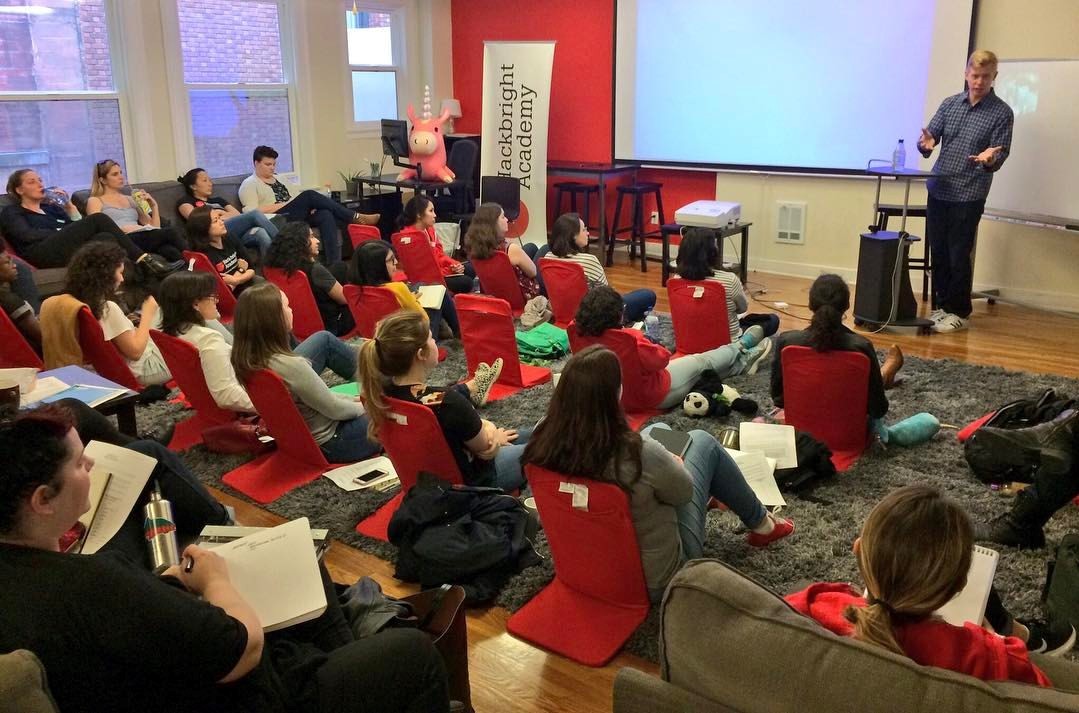
Yes, this might sound a bit conflicting but that is how it works. When you are new to the circle and carving out mindshare for yourself, saying yes more often than no makes sense. And it even is an important phase because almost any opportunities get offered or everything that come to your way will come through ones who has met you somewhere along the line.
But, echoing his advice about not getting too sucked into the scene, you have to know when you’ve reached a saturation point, and you need to re-center and focus.
That creeping feeling that you’re wasting your time is a lagging indicator, which means by the time you sense it, you’ve already sacrificed a lot. So, stay vigilant.
#7 Do not let relationships get in the way of effective communication
Huffman and Ohanian Have been partners since the beginning. By the time they started the company, they were real fast friends which, in the business world, can be dangerous. While they remain close colleagues and friends, Ohanian wishes he would have thought through how their communication would evolve beforehand.
“Whenever you’re choosing a co-founder or hiring people to lead big parts of your company or your vision, you have to make sure you can have hard conversations. You’re inevitably going to have a bunch of conversations that you would never ever have with a friend — and I think that a lot of new entrepreneurs don’t anticipate that,” he says.
To lay a strong foundation, before anything just tell the person frankly that you are guaranteed to get into tense arguments.
If it’s a new employee, confront them how would they respond to that during the interview phase. If you happened to disagree with idea, how would they constructively approach such problem? Have they experienced such events? Were they able to see the other side’s point of view at all?
Once you start working together, set the expectation that you will still respect and like them as a person regardless of how assertively you counter them down the road. It’s good to have this touchstone, and it helps to pump the brakes a bit before taking something personally, or allowing it to create a serious rift. “Coming back together in 2015 started thanks to Steve’s therapist, who encouraged him to reach out and repair our broken relationship. Now I’m encouraging every founding team I meet to seek an executive coach or some kind of outside mediator to help have the hard conversations sooner rather than later,” Ohanian says.

